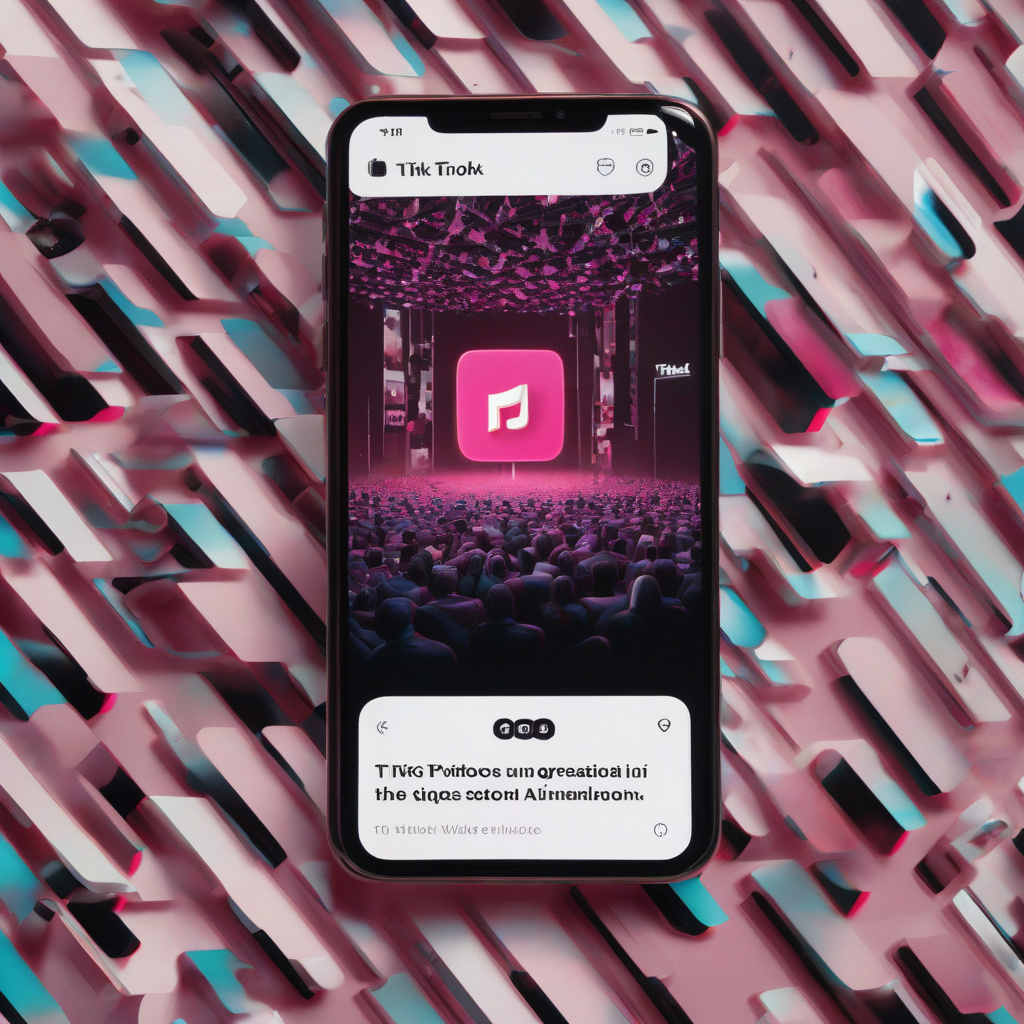TikTok Battles the Spread of Hateful AI Videos Despite Policies
TikTok, the popular social media platform known for its short-form videos, is facing a new challenge in its efforts to maintain a safe and inclusive online community. Recent reports have revealed that AI-generated videos from Google’s Veo 3 are spreading racist stereotypes on TikTok, despite both platforms having clear policies banning such content.
The rise of artificial intelligence has undoubtedly brought about numerous advancements and conveniences in various industries, including social media and entertainment. However, as with any technology, there is also the potential for misuse and unintended consequences. In this case, the Veo 3 AI has been leveraged to create and disseminate harmful content that perpetuates harmful stereotypes and promotes hate speech.
One of the main issues at hand is the struggle to effectively moderate and control the content that is generated and shared on platforms like TikTok. While both TikTok and Google have policies in place to prohibit the spread of hateful and discriminatory content, the AI-generated nature of these videos presents a unique challenge. Traditional moderation techniques may not be as effective when dealing with content that is created and disseminated by algorithms, rather than individual users.
Moreover, the viral nature of content on platforms like TikTok can further exacerbate the problem, as harmful videos have the potential to reach a wide audience within a short period. This not only normalizes and perpetuates harmful stereotypes but also poses a risk of radicalizing individuals who may be exposed to such content.
In response to these challenges, TikTok has been working to improve its content moderation practices and algorithms to better identify and remove harmful content. However, the task of staying ahead of AI-generated content that is designed to evade detection is no easy feat. It requires a combination of technological solutions, human moderation, and ongoing collaboration with stakeholders to effectively combat the spread of hateful videos.
Furthermore, the issue highlights the importance of ethical AI development and the need for increased oversight and accountability in the deployment of AI technologies. While AI has the potential to revolutionize industries and improve efficiency, it also carries significant risks that must be addressed proactively.
Ultimately, the spread of hateful AI videos on TikTok serves as a sobering reminder of the challenges posed by rapidly advancing technologies and the importance of proactive and collaborative efforts to mitigate their negative impact on society. By working together and leveraging the collective expertise of technology companies, policymakers, and civil society, we can strive to create a safer and more inclusive online environment for all users.
#TikTok, #AI, #HatefulVideos, #ContentModeration, #EthicalAI
